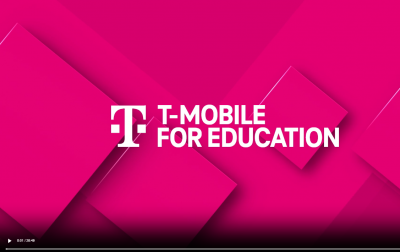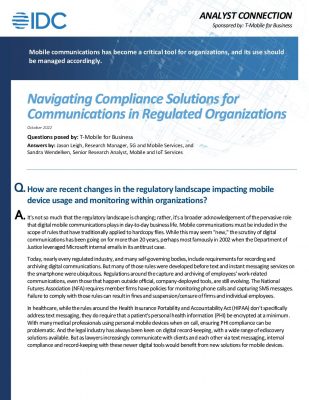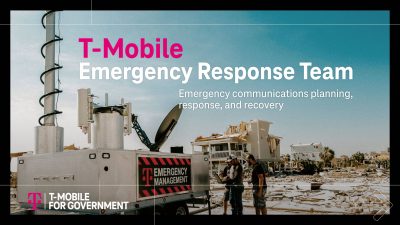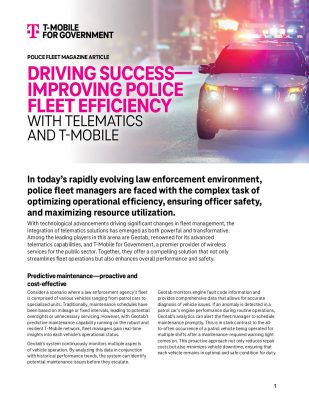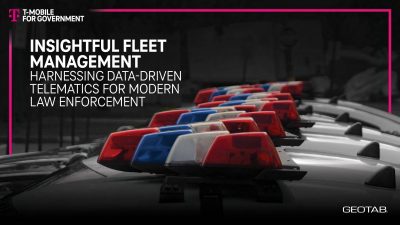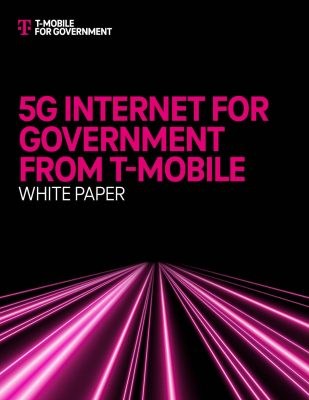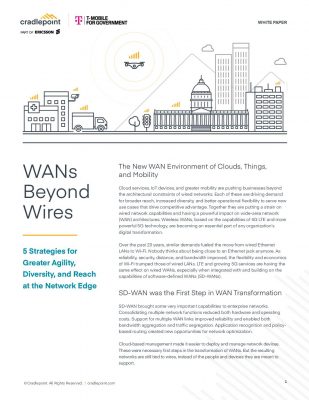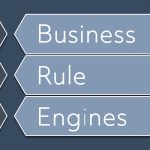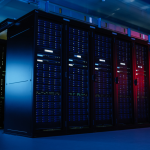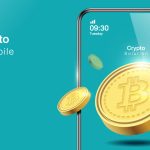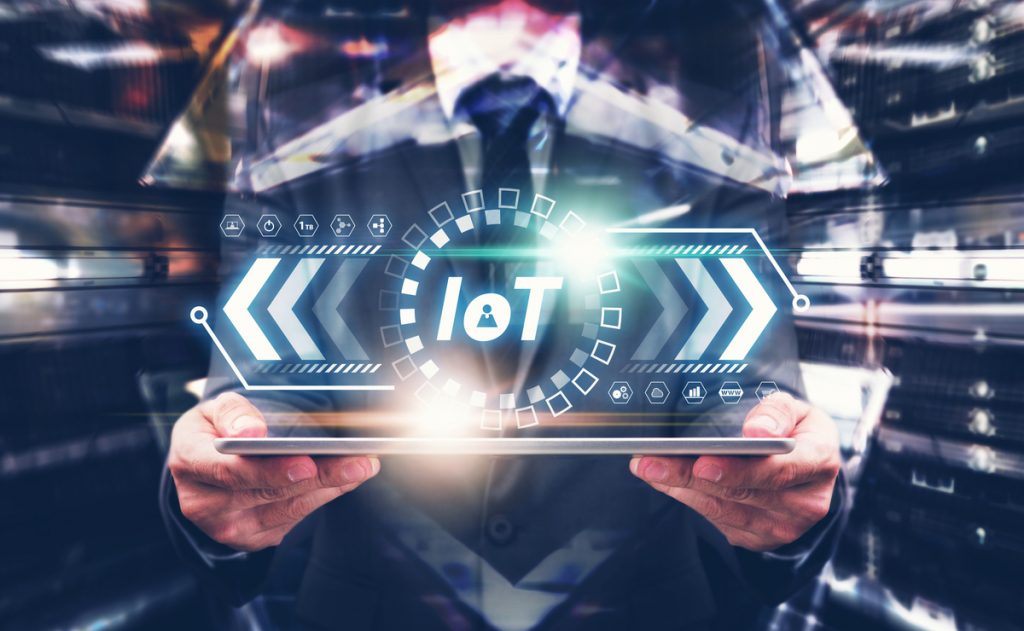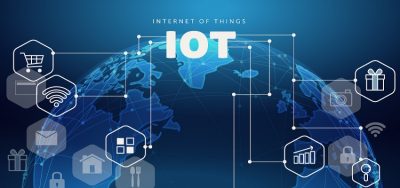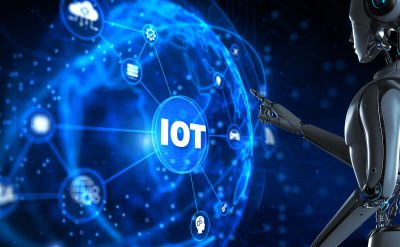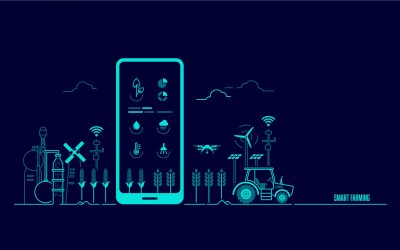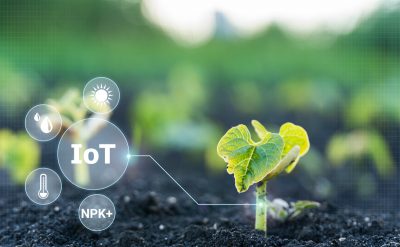Highlights:
- By identifying new product opportunities, providing superior goods and services, and utilizing IoT technology, B2B marketers can maintain a competitive edge.
- IoT technology can be a valuable tool in tracking customer reactions and expectations as they progress through each stage of the journey.
The advent of the Internet of Things (IoT) has profoundly impacted various industries, particularly B2B marketing. By harnessing the immense potential of IoT, B2B marketers can achieve a multitude of objectives, providing them with unparalleled competitive advantages.
The benefits of incorporating IoT into marketing strategies include extensive revenue growth, expanded business opportunities, enhanced customer experiences, improved productivity, and much more. To maintain a competitive edge, B2B enterprises must fully comprehend the transformative power of IoT in marketing. Unsurprisingly, an increasing number of marketers are turning to IoT as a valuable and indispensable resource.
Let’s explore the reasons behind this strategic shift.
Factors Driving Marketers’ Adoption of IoT
Developing New Products and Services
Creating innovative products and services is crucial in the realm of marketing. Leveraging IoT technology through specialized programs to collect and transmit data on customers’ usage of your products is one way to achieve this goal. This data may include feedback, performance metrics, defects, and other relevant information.
By analyzing this data, you can identify what works and doesn’t and use that knowledge to develop new products and services. By identifying new product opportunities, providing superior goods and services, and utilizing IoT technology, B2B marketers can maintain a competitive edge.
Perfect Timing Is Now a Possibility
Marketers can use real-time data from IoT sensors to identify the most effective timing for sending marketing materials, resulting in more impactful messaging and higher conversion rates. Moreover, IoT sensors can provide valuable environmental insights, particularly useful in shipping perishable or high-value goods, enhancing customer service and dispute resolution.
Another way to use IoT technology is through predictive advertising, which utilizes big data to offer relevant and timely ads tailored to the audience’s specific needs. Companies can also benefit from using IoT sensors in their equipment to gather operational data and predict future customer requirements.
Finally, by analyzing IoT trends, B2B marketers can determine the best timing and frequency for social media posts based on clients’ demographics to achieve optimal client engagement.
Creating a Strong Bond with Your Customers
Developing successful relationships with clients requires comprehending and catering to their needs, and the Internet of Things (IoT) can facilitate this process. With IoT generating extensive data, businesses can extract valuable insights into their customers’ needs and concerns.
By analyzing this data, enterprises can gain a more profound understanding of their clients’ perspectives and use this knowledge to customize their products or services accordingly. The utilization of IoT in comprehending clients’ needs and concerns can enable businesses to create more significant and successful relationships with their customers.
IoT-based Total Customization
In the modern era, personalized services and marketing tactics have become increasingly valuable to customers. According to Forbes research, more than 94% of senior corporate leaders share this view. IoT hardware is designed for data sharing and processing. B2B marketers can leverage IoT technology to extract critical customer feedback and information insights.
Subsequently, marketers can develop specialized Internet of Things marketing strategies based on these insights. The extracted data can also be used to customize (Call to Action) CTAs and marketing content. At the same time, the sizable consumer base can be segmented to send personalized brand pitches tailored to meet the target market’s needs.
Tracking the Buyer’s Journey
To effectively connect with customers, it’s crucial to comprehend their purchasing process and make necessary adjustments to marketing methods. IoT technology can be a valuable tool in tracking customer reactions and expectations as they progress through each stage of the journey.
For instance, during the awareness stage, marketing professionals can have in-person meetings with customers and then utilize social media and email marketing during the contemplation and decision stages. By leveraging the monitoring capabilities of technology, marketers can adapt their strategies and tactics at each stage.
Real-time Customer Data
IoT has numerous advantages, among which the most significant is its ability to provide real-time customer data. By collecting vast amounts of information about customer behavior, such as usage patterns, preferences, and product interactions, IoT devices offer valuable insights for marketers. This data empowers them to make informed decisions quickly and refine their messaging strategies accordingly.
Even small and medium-sized businesses (SMBs) can leverage IoT data to enhance their offerings and provide value to their customers. With IoT’s real-time customer data, marketers can gain actionable insights and stay ahead of the competition, making it a game-changer for the industry.
Direct Client Interaction and Communication
The Internet of Things (IoT) will offer boundless opportunities for businesses to engage directly with their customers in the upcoming years. With the increasing number of interconnected devices, companies can utilize real-time analytics and data to communicate and engage with customers individually. This will help businesses better understand their customers and fulfill their requirements by providing a more customized experience.
Using internet-connected devices can give businesses priceless insights into customer behavior and preferences. Companies can comprehensively understand their customer base by monitoring purchasing patterns, decision-making processes, and customer preferences.
This information can create more targeted and personalized marketing strategies for each customer. Furthermore, this data can also be used to develop messaging tailored to each customer’s unique characteristics.
Enhancing the Customer Experience
The Internet of Things (IoT) has the potential to enhance customer experience by improving asset utilization and tracking. It empowers businesses with greater transparency and control over their operations. IoT streamlines processes, reduce costs, and offers deeper insights through predictive maintenance technology and analytics. Additionally, IoT impacts digital marketing by analyzing responses and offering valuable insights for personalized and effective campaigns.
Although IoT offers numerous benefits, managing and safeguarding large amounts of data and protecting customer privacy pose significant challenges. Despite these obstacles, IoT transforms B2B marketing by providing endless opportunities to optimize operations and enhance customer experience.
Conclusion
The impact of IoT on the future of marketing is unparalleled. Using IoT, brands can obtain valuable customer insights and improve client relationships. With access to high-quality data, targeted advertising becomes more effective. However, to fully utilize the potential of IoT, companies must be willing to invest in intelligent technologies. Additionally, IoT creates new business opportunities in various areas of marketing.
As a result, businesses need to adapt and prepare for the ongoing explosion of IoT, particularly in areas they can control, such as content marketing. As more companies incorporate IoT into their marketing strategies, we can expect a significant shift in how they interact with customers and stay ahead of their competitors.
Delve into the latest tech insights through our comprehensive Internet of Things Whitepaper library.






